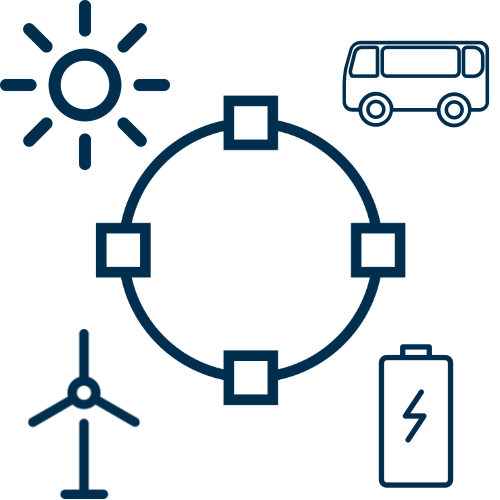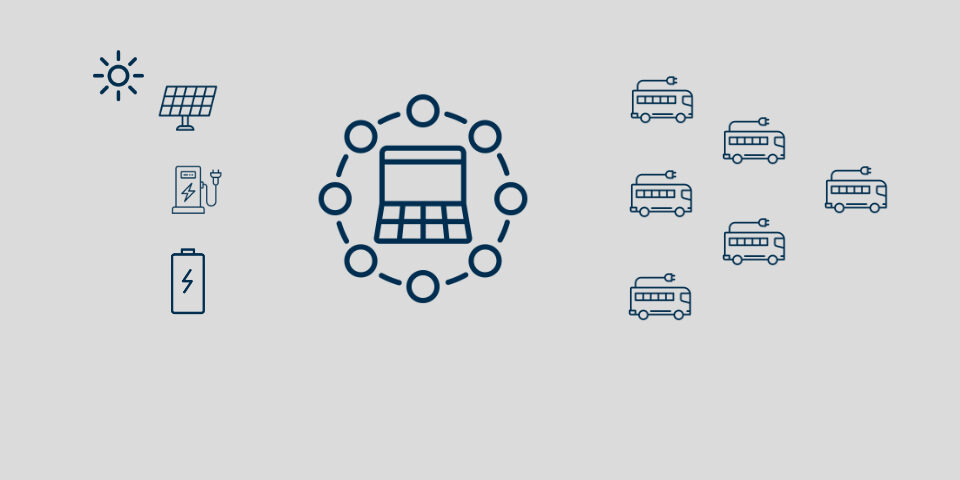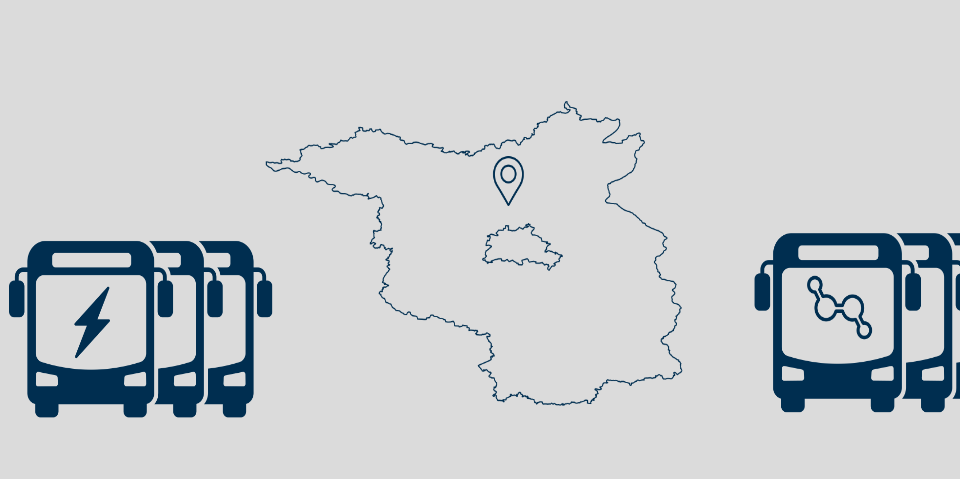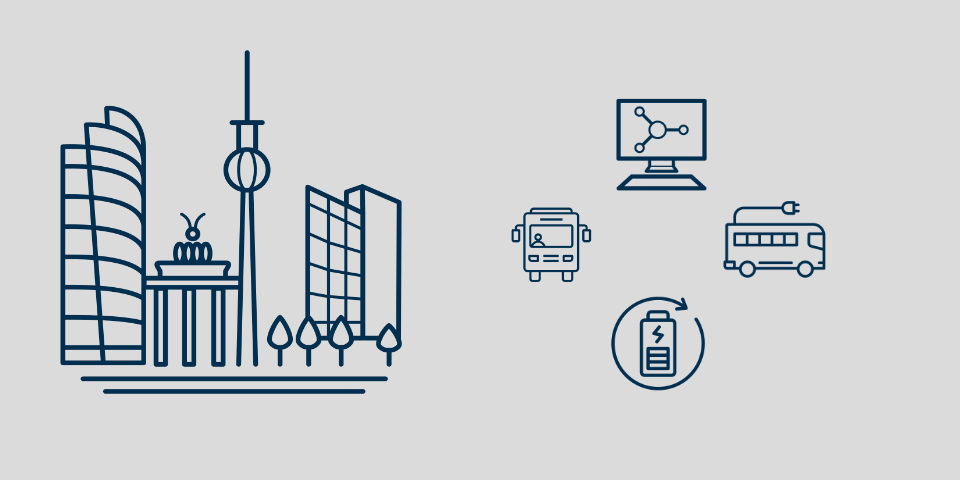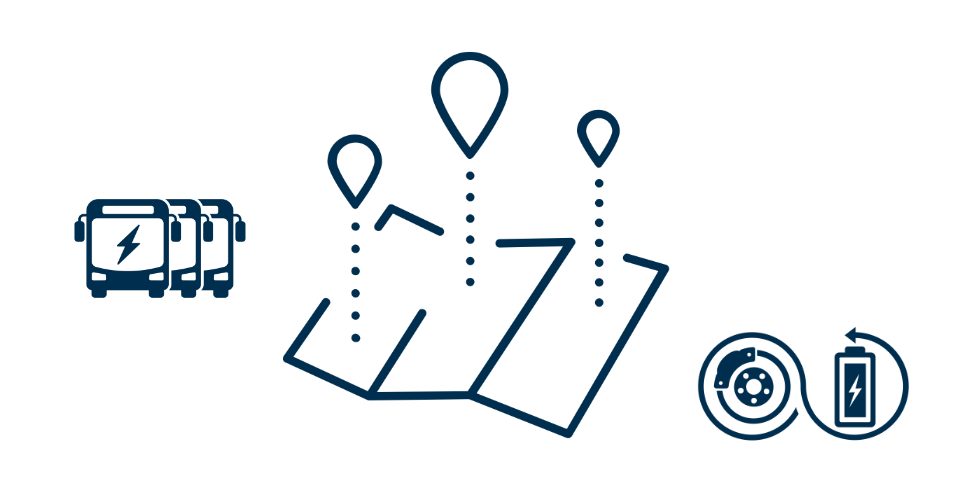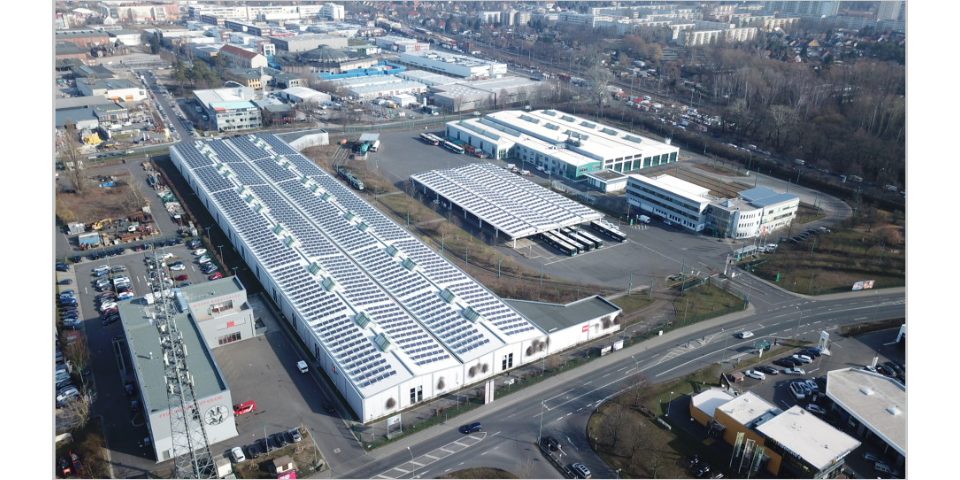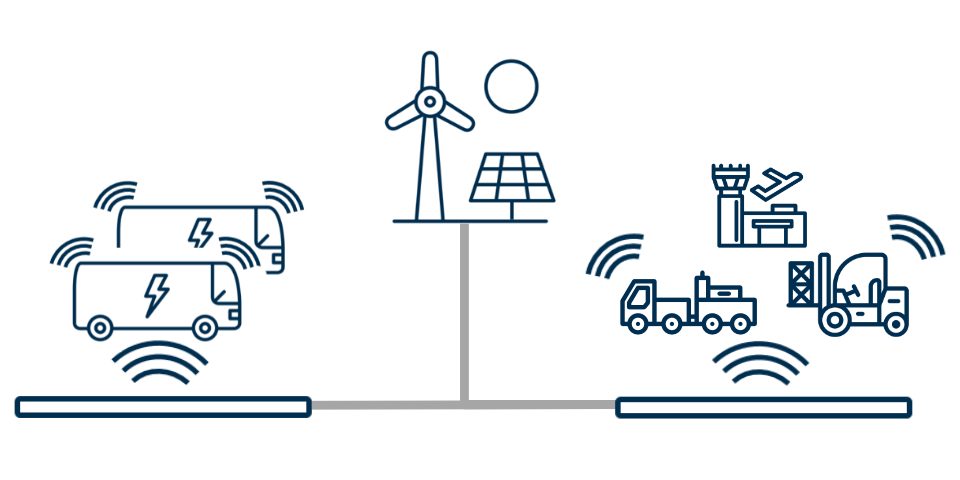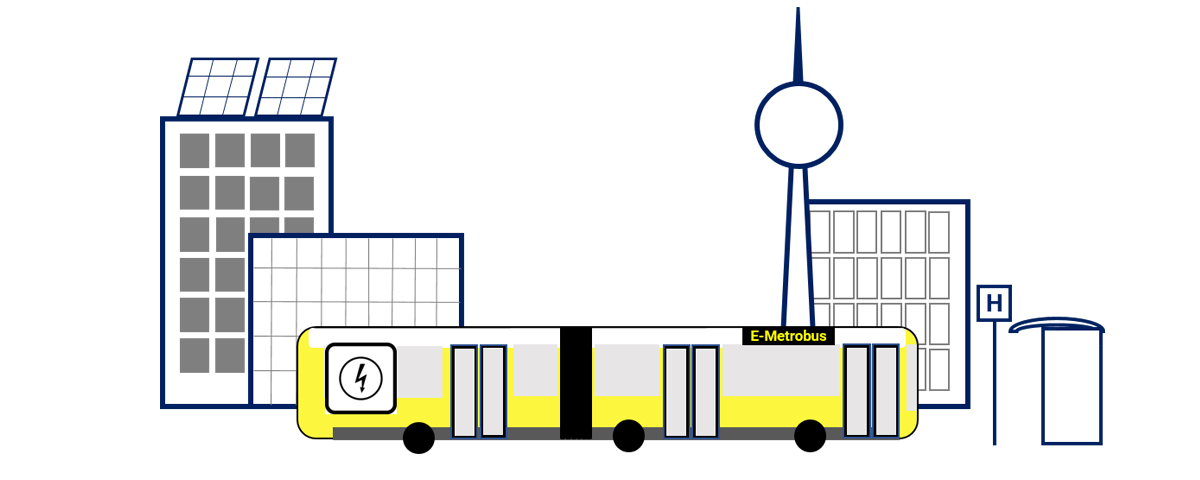Buses
Buses are a pillar of local public transport (LPT) and play an important role in the transport transition. In order to meet the climate targets of the Paris Agreement, public transport companies must convert diesel-powered vehicles to more environmentally friendly alternatives such as electric buses (e-buses). Electrification of fleets with battery-electric buses or through the use of hydrogen-powered fuel cells is currently the best way to achieve this goal. In Germany, the European Commission's Clean Vehicle Directive and the Clean Road Vehicles Procurement Act prescribe for the first time binding minimum targets in public procurement for low-emission buses in local public transport that must be achieved by 2030. This means for buses, 45 percent clean or zero-emission vehicles in new procurement by public funds by 2025 and 65 percent between 2026 and 2030.
How RLI can help
Replacing the vehicles is only part of the solution. For their successful operation, the entire bus system must be considered. RLI can help with tasks in this context. Where and how are buses charged and refueled? How are they integrated into local and surrounding energy systems? What other operational and spatial requirements must be taken into account?
RLI develops solutions and feasibility studies for these and other questions. Our scientists develop model-based simulation tools for this purpose. These can map and compare different bus and charging technologies and the systems that surround them.
Contact
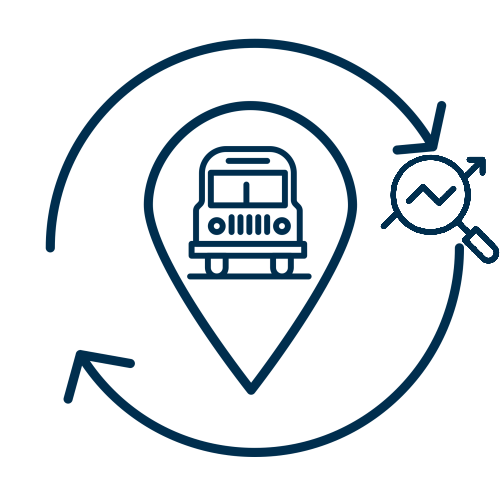
Circulation data analysis
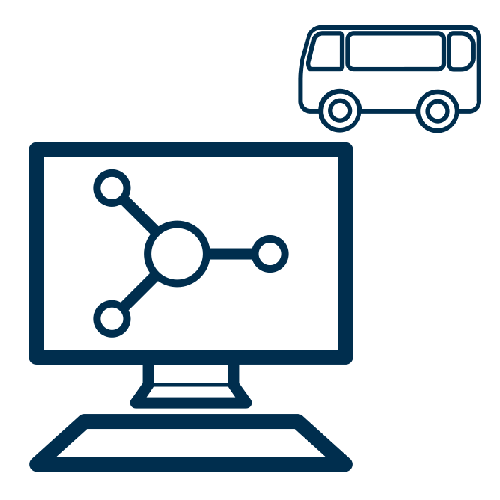
Driving simulation
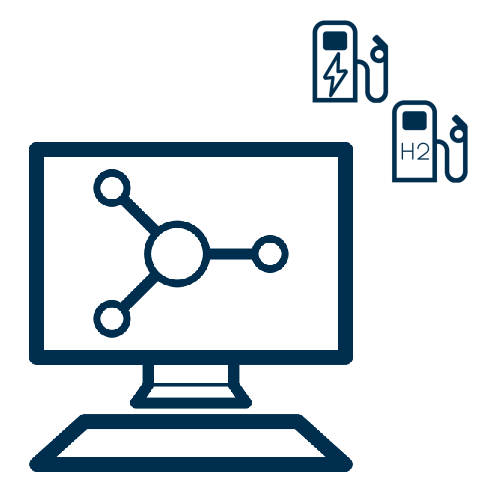
Charging and refueling simulation
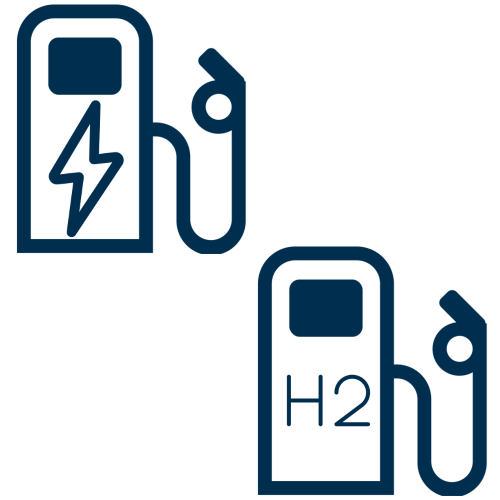
Design of the charging and refueling infrastructure

Optimization of the charging strategy
